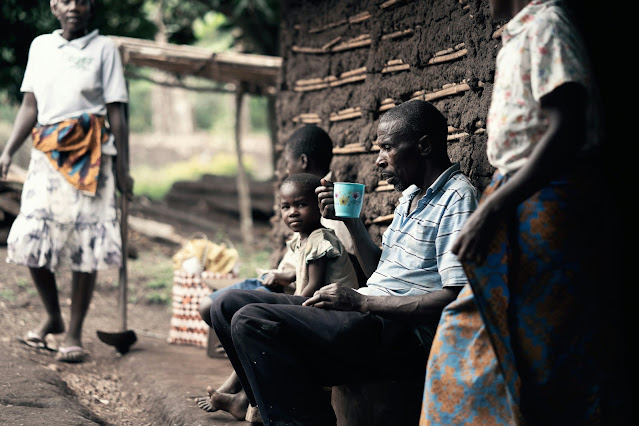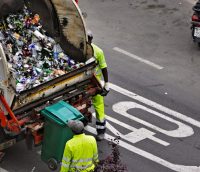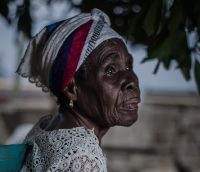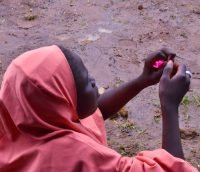 Photo by Roman Nguyen on Unsplash
Photo by Roman Nguyen on Unsplash
By Ruth Ajawu
If you continue to give temporary solution
To the poorest of the poor
One day the poor will become poorest
And the poorest will become the poorest of the pooresters
Let’s have a rethink
Let’s think about this again
And give the permanent solution to the poor
Sometime in 2023, this song was trending. It trended as a joke but on close observation of the lyrics, it rings true. Temporary solutions to poverty are just that: temporary and in the long run, ineffective.
Nigeria, like many other countries around the globe, grapples with the scourge of poverty daily. Despite being blessed with abundant natural resources and a rich culture, millions of Nigerians continue to languish in poverty, struggling to meet their basic needs and access essential services such as healthcare, education, and clean water. The recent economic downturn exacerbated by the fluctuating dollar rate has further deepened the plight of vulnerable communities, pushing many into extreme poverty and amplifying existing inequalities.
The impact of the dollar rate on poverty in Nigeria cannot be overstated. As Africa’s largest economy, Nigeria is heavily reliant on imports for goods ranging from food and fuel to machinery and consumer goods. When the value of the naira weakens against the dollar, the cost of imports rises, driving up prices and placing a heavy burden on the shoulders of ordinary citizens. For low-income families already struggling to make ends meet, even a slight increase in the cost of living can push them deeper into poverty, forcing them to make difficult choices between basic necessities.
Moreover, the ripple effects of the dollar rate extend far beyond the realm of consumer prices. Businesses, particularly small and medium-sized enterprises (SMEs), face mounting challenges as they grapple with rising production costs and dwindling profit margins. In a country where SMEs are the lifeblood of the economy, providing employment opportunities and driving innovation, the weakening of the naira threatens to stifle entrepreneurship and undermine economic growth.
Now more than ever, we must come together as a global community to tackle poverty head-on, addressing its root causes and implementing sustainable solutions that uplift the most marginalized among us.
One such solution lies in empowering communities through education and economic opportunities. By investing in education and vocational training, we can equip individuals with the tools they need to secure gainful employment and contribute meaningfully to their communities.
Additionally, access to affordable healthcare and social protection measures are essential in safeguarding the well-being of vulnerable populations. By ensuring that everyone has access to essential healthcare services, we can prevent illnesses and mitigate the financial burden of medical expenses, thus helping families escape the grips of poverty.
Furthermore, sustainable development initiatives that prioritize environmental conservation and climate resilience can help safeguard the livelihoods of communities that are disproportionately affected by climate change. In Nigeria’s rural areas, where agriculture remains a primary source of income for millions of people, investments in sustainable agriculture practices and renewable energy technologies can enhance food security, increase resilience to climate shocks, and create new economic opportunities for farmers.
Eradicating poverty in all its forms requires a multi-faceted approach that encompasses not only economic policies but also social welfare programs, education initiatives, and efforts to promote sustainable development. This demands a collective effort from all stakeholders – government, civil society, the private sector, and the international community – to tackle the systemic issues that perpetuate poverty and inequality.
By working together, we can create a Nigeria (and by extension, a world) where every individual has the opportunity to thrive, regardless of their socio-economic background or the challenges they face.





